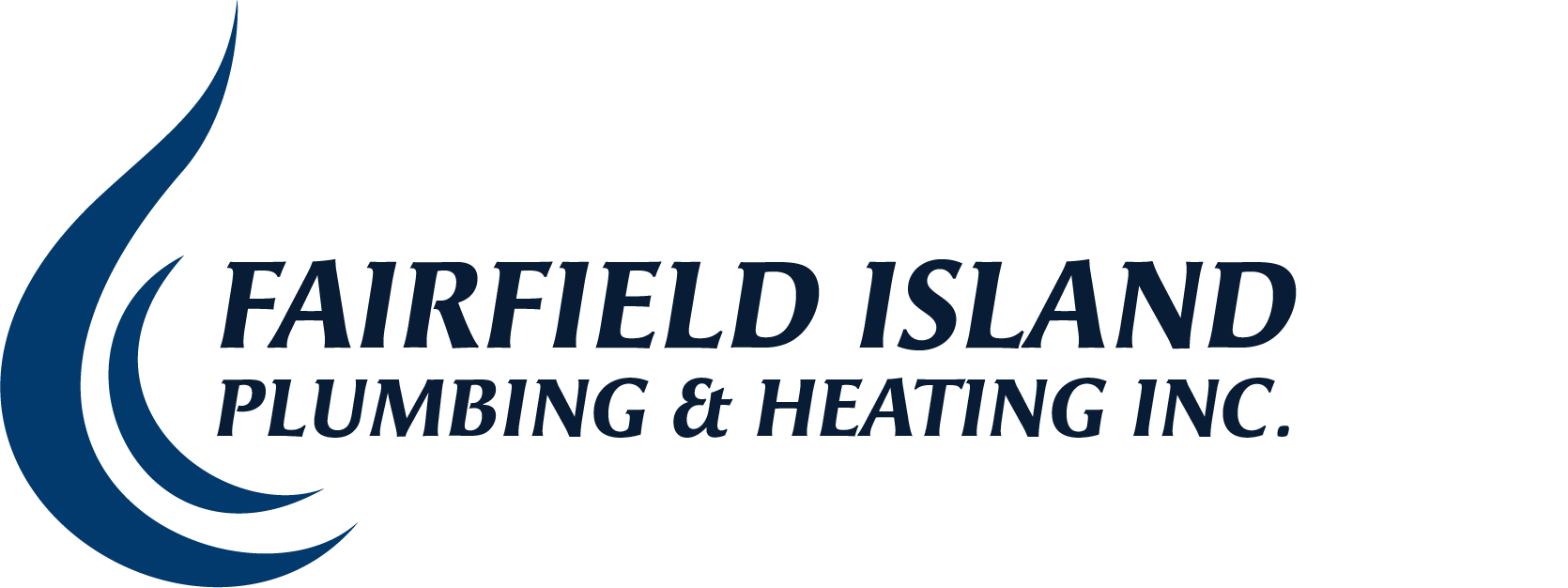Sump Pumps - Let's Pump It Up
Let's start here: when I refer to a sump pump, I am specifically speaking about a sewage lift pump. They are typically found in a basement of a house where the city sewer or the septic tank inlet is higher than the floor of the basement. They are always installed in what we usually call a "barrel." It's exactly like you would think: a large, sealed (usually plastic) barrel that houses a pump inside. They are often roughly 24'' in diameter and roughly 36'' deep. From a homeowners perspective, only the top will be seen as they are installed under the floor to allow for basement plumbing to drain into them via gravity.
So now that you know what it is, let's discuss the dos and don'ts of pumping.
1. DO NOT flush anything but toilet paper! This is the biggest DO NOT of them all. Most pumps are designed for minimal solids. Stuff like paper towels, Q-tips, feminine products, and prophylactics are horrible on pumps. These items, unlike toilet paper, are not designed to break down in water and become lodged in the pump. If the pump stops pumping it can be a very messy problem, as sewage will begin to bubble up out of the lowest point in the basement--usually a shower or floor drain.
2. DO NOT use cheap detergents and soaps. Lower priced soaps and detergents often contain waxes as fillers, which is horrible on pumps. The wax builds up in the pump chamber which eventually leads to pump failure or float failure (more on that later). So be aware of what's going down the drain--a bargain now can be a bill later.
3. DO have a certified professional come and install a high water alarm in your pump. This is imperative. A high water alarm is just that: an alarm that goes off if the water gets too high. Inside your pump chamber is a float--basically, a plastic cylinder that contains a switch. When the water level in the barrel gets to the point that the float becomes inverted, it allows the pump to turn on. A high water alarm is another float switch that we can install in the barrel slightly higher than the pump float. If, for some reason, the pump does not turn on, the high water alarm will activate, setting off an obnoxious buzzer, letting you know there is a problem. These alarms are extremely beneficial, especially if you have a basement suite with tenants who may not be as careful with what they flush.
4. DO consider having a grinder pump installed. If you happen to have a rental suite or your bathroom sees heavy use and you don't want to be worried about pump problems, you could opt to have a grinder or macerating pump installed. These pumps are about twice the price of your standard sump pump but are capable of destroying almost anything that comes their way. Check out the video to see one in action:

